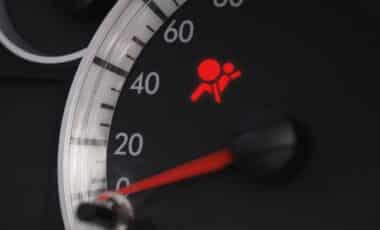Martin Lewis, the famous money expert, has called attention to a major issue affecting millions of workers who have not received a pay rise this year.
Presently enjoying a break with his family over half-term, Lewis stressed the importance of understanding the financial ramifications of PAYE (Pay As You Earn) pay and pension schemes.
Millions of Workers Miss Out on Pay Increase, Warns Martin Lewis
Due to changes in legislation, employees are now automatically enrolled in their employer’s pension schemes, a system that has moved from ‘opt-in’ to ‘opt-out’. Those who choose to opt out of these schemes are effectively giving up extra income, as the Express reports.
Mr Lewis warned in a statement on his Money Saving Expert website: “Every British worker should heed this advice. Have you unknowingly turned down a pay rise? That’s the reality for millions of people, around 10% of the working population today, and many more are at risk of making the same mistake.”
This is the case when you opt out of your employer’s ‘auto-enrolment’ pension scheme, a decision that can have considerable financial consequences.
How Occupational Pension Schemes Enhance State Pension Benefits
Occupational pension schemes improve state pension benefits by integrating contributions to a private pension scheme. It is important to note that employers are legally obliged to contribute to these pension funds in addition to employees’ salaries.
Under the regulations, employers must ‘match’ the pension contributions paid by employees. For example, if an employee pays £200 into their pension fund, the employer is required to pay a further £200.
This provision allows employees to benefit from an extra £200. Employers generally base their contribution to a percentage of the employee’s salary, which can range from 4% to 12%, with the statutory minimum set at 3%.
Martin Lewis explains, ‘Anyone who automatically enrols in a pension scheme is actually getting a pay rise… because the employer is providing extra money that wouldn’t otherwise be available, even if it’s not immediately accessible.
Even if this scheme may reduce take-home pay, because some funds are allocated to the pension pot, it results in a higher income in retirement. Retirees will benefit not only from their own contributions, but also from additional funds provided by their employer.
Furthermore, there is a tax advantage for people close to the highest tax threshold. For example, if your income is just below the 40% tax band, which applies to incomes over £50,270, you can increase your pension contributions to avoid falling into the higher tax band.
This strategy also allows you to increase the personal allowance for savings and extend the other tax benefits of the basic rate.









